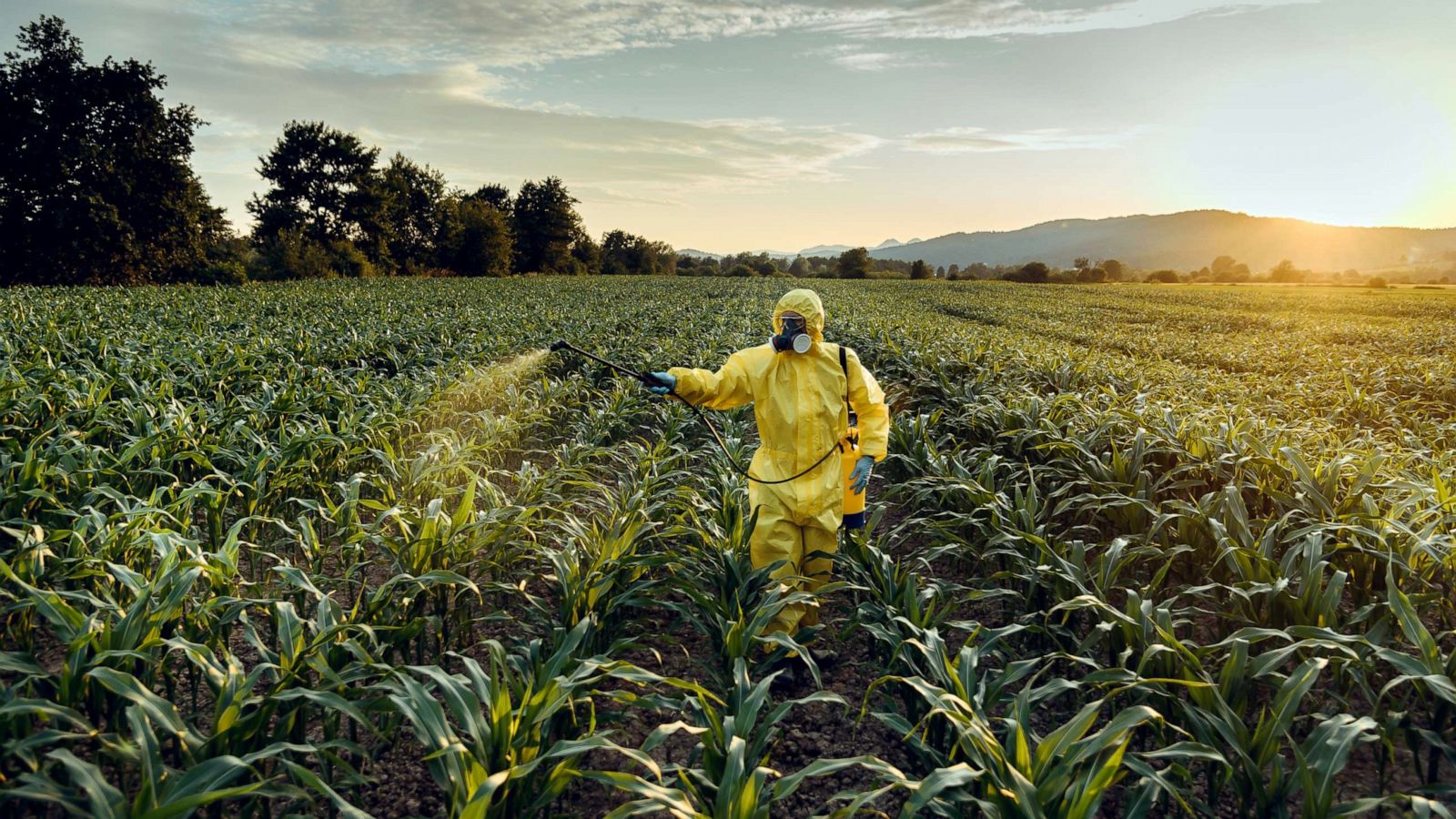Sustainable agriculture is an important aspect of environmental policy and advocacy. According to the EPA, integrated pest management is an approach to pest control that uses information about the life cycle of pests and pest control methods to have the least impact on people, property, and the environment while still being economical. The reason IPM is so important is because pest control and food waste due to pest invasion is a significant environmental issue. Inappropriate or miscalculated pesticide use has many detrimental impacts — not just environmentally, but also on people and wildlife.

Pesticides have been attributed to various health conditions in many different species such as cancer, reproductive effects, birth defects, and more. Pesticides are also very dangerous to farmers and people who have to handle them since they can be very toxic and have both potential dangerous short-term effects and long-term effects. There is also a loss in biodiversity with the use of pesticides because they often kill species they didn’t intend to. Some studies have found that the loss in biodiversity costs hundreds of billions of dollars annually, which is very alarming economically. That is why people are turning to a new method of pest management.

IPM is difficult to define because it can vary greatly for different plant species and bugs. It focuses more on prevention of pests than actual elimination of pests (what pesticides do). There is no way to check if your food uses integrated pest management, which makes it difficult to use consumer power to advocate for the use of IPM. It is also difficult to legally define if a product is made with IPM practices because they can be so broad.
A good way to support these efforts are to support Penn State’s efforts of developing IPM practices, since we are a university that does a lot of research into this subject. This can include going to entomological talks or information sessions. Additionally, you can try IPM in your own garden. IPM does not necessarily mean organic, but you can use an organic approach to IPM. This guide is for home gardeners and how to implement IPM. If you are unable to identify the pests in your garden, a great forum for advice is Reddit’s “r/whatsthisbug“. Additionally, iNaturalist is an app that uses AI to identify insects and plants, and it can be another great resource in finding out what critters live in your garden. Finally, a great way to help is to tell others about integrated pest management. They might just adopt it in their farm or garden and slowly help to reduce the use of pesticides in agriculture!
I think this blog post is really interesting, and a really pressing issue! While it’s sometimes easy to put the culture surrounding integrated pest management on the backburner because it doesn’t affect most of us in our daily lives, it is really important to think about. IPM impacts the food we eat and have access to, and the lack of it impacts the chemicals we may end up putting into our bodies through food (if their alternative, pesticides, are used). I have heard many times that the chemicals in certain pesticides can cause cancer or other illnesses in humans, which is logical, if they can kill pests in an instant. I think your distinction between IPM and pesticides was also interesting and informative, because pesticides solely focus on killing pests, while IPM focuses on mitigating their effects. Therefore, IPM is definitely a more ethical and healthy process for all parties involved.